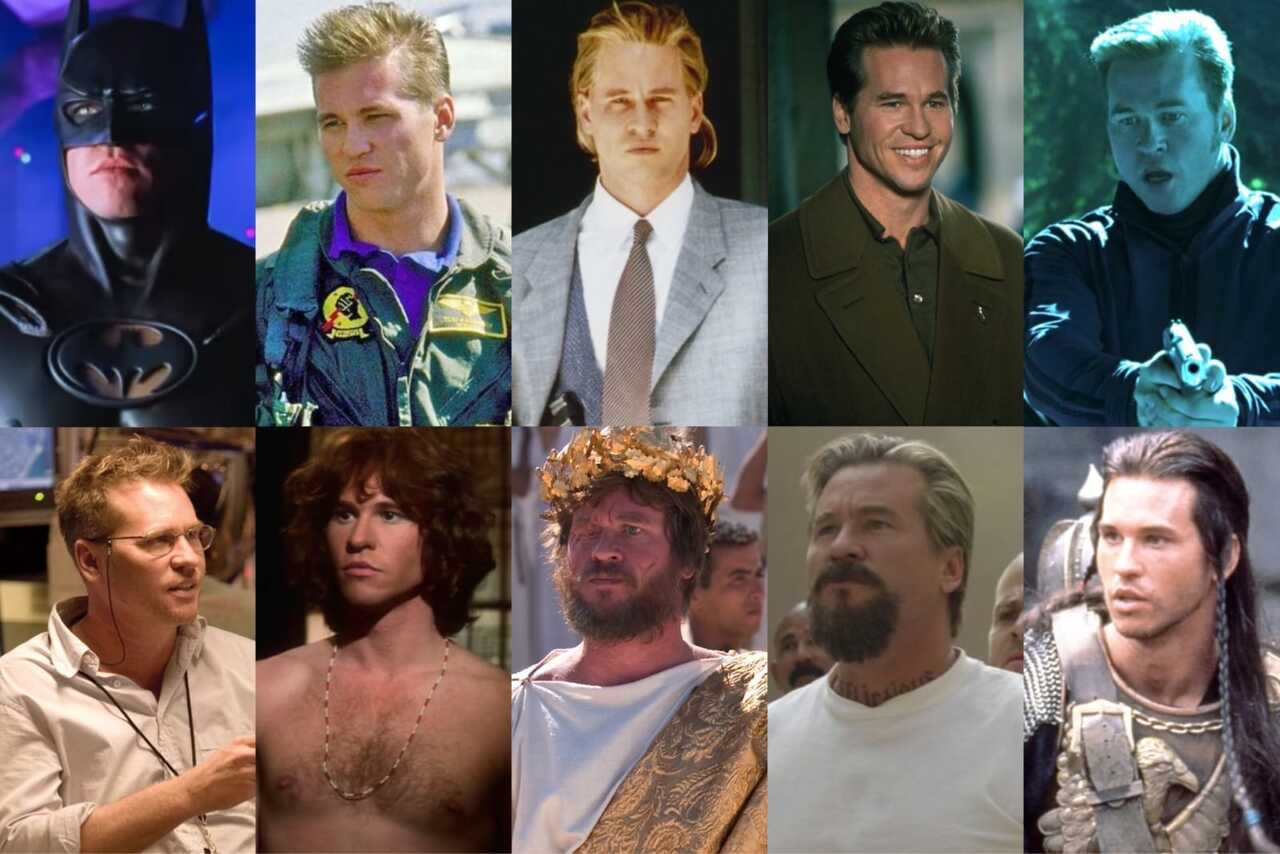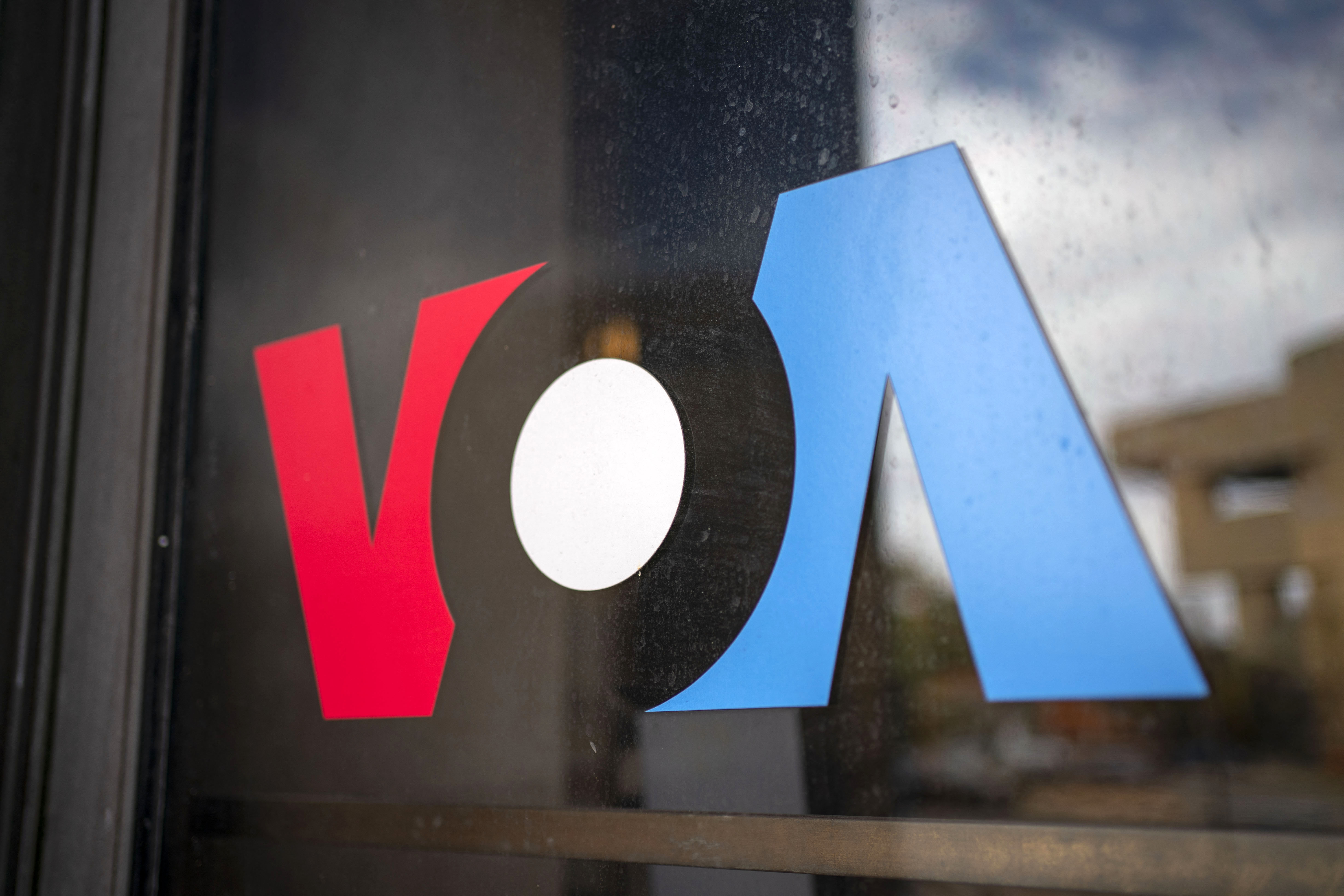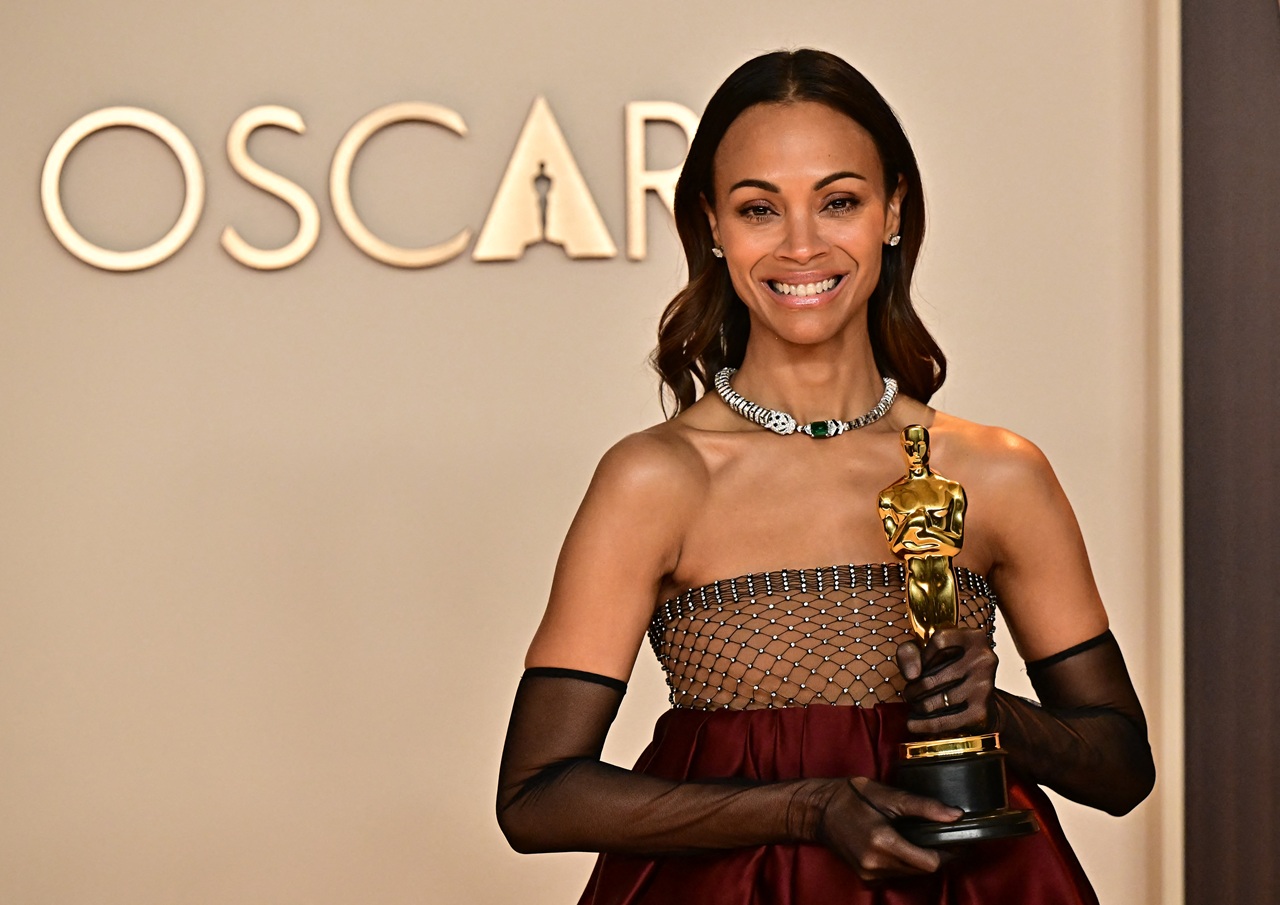
The 2020 Emmys boast "diversity," but leave out Latinos again
America Ferrera's powerful speech was the only Latino note during the television awards, which were held virtually as a result of the COVID-19 pandemic.
"They don't see us, they don't understand us, they don't care about us," John Leguizamo said a few days ago, referring to the 2020 Emmy Awards, which were held yesterday, Sept. 20, for the first time in their virtual form due to the pandemic — the 'Pandemmy' — as it was called. What a good joke...
The gala, presented again by Jimmy Kimmel, was a desert of nominations for Latinos in TV — Leguizamo had a point — as outraged Internet users decided not to watch the ceremony following his announcement to boycott the event.
It came this year as the organizers wanted to give the ceremony a "presumed" diversity marked by awards given to African-American productions and professionals.
Such as Watchmen, which won the award for "Best Mini-Series," "Best Actress in a Mini-Series" (Regina King), "Best Supporting Actor" (Yahya Abdul-Mateen I) and "Best Screenplay in a Mini-Series" (Damon Lindelof and Cord Jefferson for Watchmen). Nigerian-American Uzo Aduba won "Best Supporting Actress" for her performance in Mrs. America.
By contrast, the predominantly white series, both the rich who are no longer rich (Schitt's Creek) and the Shakespearean drama of a family of tycoons (Succession) were the real stars, amassing seven and four awards respectively.
But we are not here to talk about a series as overrated as Schitt's Creek, nor about the genius of Succession, or the unique adaptation of Alan Moore's Watchmen book that he himself disdained. But of those absences that, because they are so categorical, say too much about good intentions and inclusiveness in the TV industry.
Many said, "It's the year of the Black Lives Matters," it's the year of the anti-racist spring, but they went back to doing what they do best, simplifying the issue of the lack of visibility of ethnic minorities in the United States — minorities that are, in fact, the majority — and leaving Latinos, Asian Americans and many more out of the picture.
RELATED CONTENT
Where did Rita Moreno go? Her lack of consideration by the Television Academy, as columnist Michael Schneider wrote for Variety, was unforgivable. Especially since One Day at a Time, where Moreno shares the screen with Justina Machado, has been a critical success, but has been "virtually ignored by Emmy voters, except for one annual nomination in "Multi-camera image editing for a comedy series category."
As for America Ferrera, producer and star of Superstone, a series that makes you laugh while pointing out the problems of the working world, and producer of Gentefied, the Emmys reached their share of "Latinidad" by giving her a voice, which Ferrera took advantage of despite the irony that her appearance was the only one.
The Mexican-American made a moving speech, where she spoke with sincerity about her beginnings in the world of acting, when she was discarded from an audition because she didn't sound "very Latinx."
Perhaps one of the most lucid reviews was from a Twitter user, who wrote: "Maybe my eyes will never leave the back of my skull about the Academy refusing to nominate any Latinx actress for the #Emmys and then taking America Ferrera to talk about diversity."
Because that was, in a nutshell, the general feeling of the night: the oblivion and trivialization, the face-washing of the white and privileged industry that tries to join a certain vindictive spirit without understanding the depth of the problem. It's a system governed by slogans, but which is seen as the duster when, as Leguizamo says, "we are less than 1% of the stories told on the platforms and in the chains. That is cultural apartheid."
There was no red carpet, the reporters wrote about the gala. There was no red carpet because of COVID, but neither was there for Latinos in the industry. Now the question is when will there be one?











LEAVE A COMMENT: